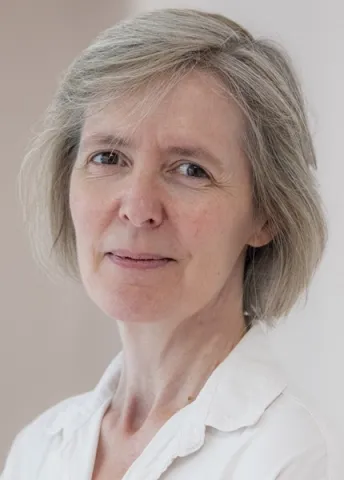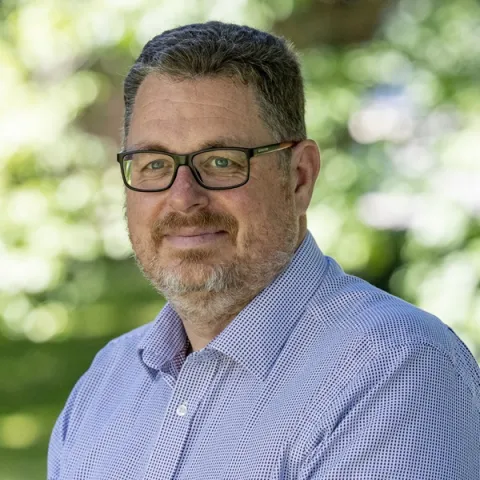Project overview
A multitude of biological and environmental factors interact to mediate human development, health and disease. It follows that a number of data types are required to describe these factors; one-dimensional viewpoints – even omic datasets – are one-dimensional oversimplifications of extraordinarily complex multi-cellular systems. To power precision medicine, we must build a multi-dimensional picture, by integrating data from multiple viewpoints from the single-cell level upwards. Our overarching aim is to develop a step change in research capability towards precision medicine at the University of Southampton. We request funding for a microfluidic engineer, a systems biologist, to promote collaboration between mathematical, computational, engineering, biology and medical specialisms in a new interdisciplinary laboratory. We request equipment to develop new quantal microfluidic processes to increase information depth and resolution down to the single cell level, novel analytical methods will then model the complexity of human disease. This investment will produce new technology and methods to capture unique cross-cutting datasets in disease systems, and new multi-dimensional analytical strategies in molecular systems biology. It will not only uncover the spatiotemporal architecture of development in single cells and cell populations; it will promote an imaginative, systems-biological mind-set, and a common vocabulary of research and enquiry in microfluidics, data science, and medical research across rare, infectious, acquired and non-communicable disease. The lasting impact of this investment will be new tools and concepts for human development and disease, and resultant advances towards the personalised therapeutic and preventative strategies that are the vision of precision medicine.




